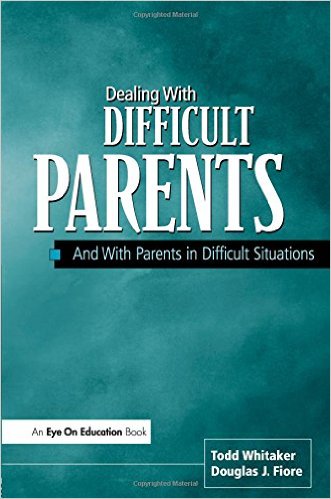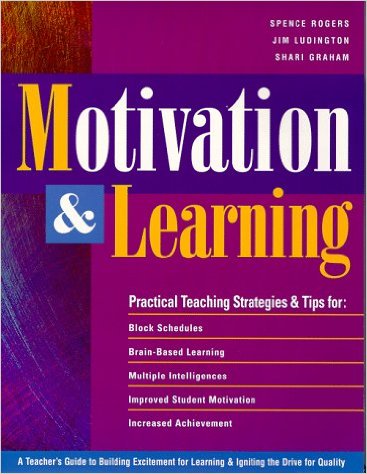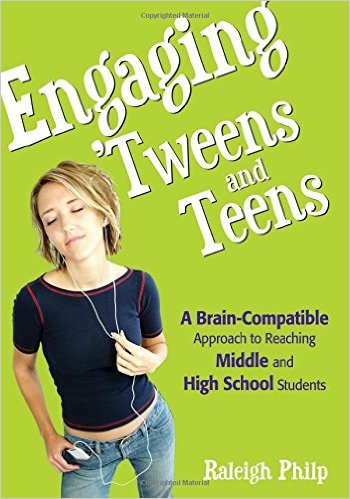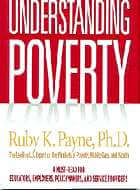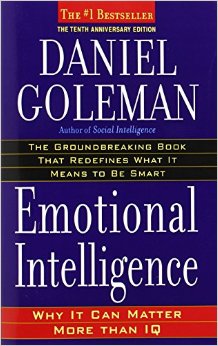- 3 Credits - 3 Semester Credits(post-baccalaureate PD credits for re-certification andpay-lane increases)accredited nationwidestart any timeup to 5 months to completeindependent studyall course materials included with course tuitionview FAQCourse DescriptionThis course will study learning and memory and how the brain processes information for memory retention and retrieval. The anatomy of the brain and how brain cells function as well as chemical reactions that facilitate the memory and learning process are explained. Teachers will learn about the different types of memory, such as semantic, location, emotional, episodic, and procedural and location memories Educators will evaluate their teaching methods and apply brain memory and
- 3 Credits -
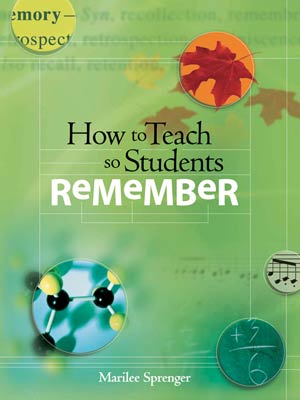
3 Semester Credits
(post-baccalaureate
PD credits for re-certification and
pay-lane increases)
- accredited nationwide
- start any time
- up to 5 months to complete
- independent study
- all course materials included with course tuition
- view FAQ
Course Description
This course will study learning and memory and how the brain processes information for memory retention and retrieval. The anatomy of the brain and how brain cells function as well as chemical reactions that facilitate the memory and learning process are explained. Teachers will learn about the different types of memory, such as semantic, location, emotional, episodic, and procedural and location memories Educators will evaluate their teaching methods and apply brain memory and learning strategies for improving student achievement. Students will develop written lessons and activities for classroom applications to help students remember curriculum content.



$425
3 Semester Graduate Credits
Item categorypsychology-sociology-the-brain not found.Item ma-categorypsychology-sociology-the-brain not found.Item categorypsychology-sociology-the-brain2 not found.Item ma-categorypsychology-sociology-the-brain2 not found.
Teaching Students How To Remember
- 3 Graduate Credits -



Course Objectives
- Educators will learn how to reach students so they can be taught specific subject content utilizing background knowledge and memory reflection.
- Teachers will explore how to reinforce content for memory retention and recode self-generated information to improve memory recall.
- Educators will review content reinforcement strategies the include student feedback and the discussion processes that reinforce learning and memory.
- Teachers will examine reviewing and practice techniques that reinforce information knowledge and retention for faster and easier content retrieval.
- Teachers will develop writings, lessons and activities to apply the seven "R's" of memorization into their classroom instructional practices.
Credit Hours
3 Semester Credits (post-baccalaureate professional development credit)
Course Instructor
Joseph C’de Baca MaEd.
Grade Type
University Transcript: Click Here For Details
Teaching Students How To Remember
TLC Testimonials
How to Renew Your Teaching Certificate: Complete Guide by State
1. How to Renew Your Teaching Certificate: Complete Guide by State Maintaining a valid teaching certificate is crucial for educators in K-12 classrooms. Every state has specific renewal requirements designed to ensure teachers stay current with best practices, educational standards, and professional development. Whether you’re a seasoned educator or renewing your certificate for the first time, understanding your state’s requirements can save you time and stress. This guide breaks down the general process for teaching certificate renewal and provides a state-by-state overview to help you navigate the requirements efficiently. 2. General Steps to Renew a Teaching Certificate
Theresa M. – PA –
“Hello, Dave. In my email to parents, I mentioned my very recent course with you [Designing an Online Classroom]. I had no idea how timely it would be. I do believe that my students and I haven’t skipped a beat! Of course, it changes things a fair amount, but I am very glad to already have experience with tools that were fun in the classroom but indispensable now!”
Tracey W. – WV –
“That was speedy! Thank you again for your time and all that you do!”
Kimberly W. – PA –
“I LOVED the Assertive Discipline text and have already begun to implement many of the aspects – behavior narration, 100% compliance-100% of the time- into my classroom”
Paul W. – OH –
” Thank you for the opportunity to reflect. I enjoyed the book! “
Vicki W. – OH –
“Thank you soooo much! I appreciate all of your help getting started (and finished) with this course! “


